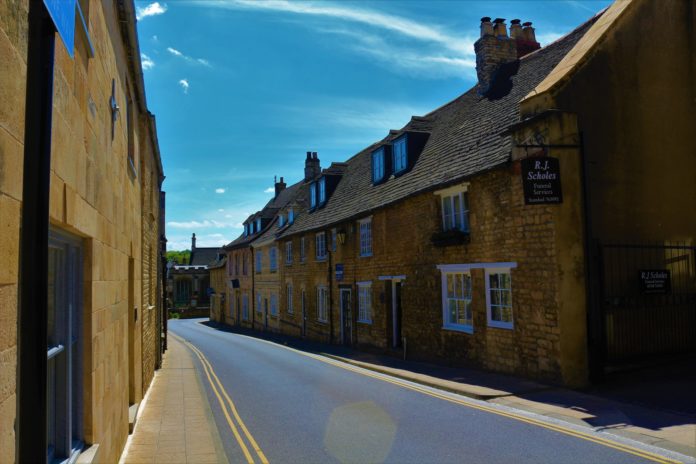Asphalt driveways can boost the aesthetics and value of your home or property. But more than its beauty, asphalt pavement has remarkable longevity which makes it a wise investment.
When installed properly, an asphalt driveway can last for up to 10 years. And with proper maintenance, it can extend the lifespan by another 10 or even 20 years.
Gravel Base: Its Importance
Asphalt pavement is a mixture of bitumen, sand, and aggregates. Once the highly viscous mixture sets, it creates a superior layer that can withstand the elements and pressure from the load. Asphalt is also flexible which makes it less susceptible to temperature changes. However, the asphalt in and of itself does not actually provide strength. It only binds the aggregates and keeps them intact.
Some might think that the thickness of the asphalt equates to longevity, but that’s not always the case. The smooth and sleek black surface is just the outer layer. What’s most important is the base layer beneath. The stronger and more stable the foundation, the more durable the asphalt pavement. So, if you’re planning to install an asphalt driveway, you need to start with a strong, stable base. This is the reason why you need gravel as the bottom layer of your asphalt driveway.
Gravel is one of the most commonly used materials for the base layer of asphalt driveways due to several reasons.
Economical
Gravel is a cost-effective material to fill in the base of an asphalt driveway. Usually, you will only need to layout 6-inch thick gravel, especially for driveways with light traffic. This won’t likely cost you that much.
According to HomeAdvisor.com, the average cost to install a gravel driveway is around $1.25 to $1.80 while concrete is around $4 to $15. Other materials such as boulders, bituminous bound mixes, and hydraulically bound base layers cost more. Usually, these materials are used on high-traffic roads and highways.
Long-lasting
Gravel makes the soil denser. It conforms to the contours of the pavement’s subsoil thus keeping the base layer stable. Compared to large boulders, gravel compacts better and does not crack or break. The weight from passing traffic continuously compresses the gravel underneath making it more solid. Over time, gravel becomes more compact and solid; thus, it lasts long. And since the base layer is strong, unwanted cracks and indentations in the asphalt driveway are avoided.
Load bearing capacity
Gravel has an excellent load-bearing capacity which enables it to absorb traffic loads without causing the underlying ground layer to deform. Likewise, asphalt driveways and roads are exposed to extremely high pressure, particularly during winter. Water expands when freezing causing frost damage to the road surface. Asphalt paving experts from ABC paving & sealcoating emphasized that the gravel base layer can effectively reduce tensions and conduct water away from the asphalt layer.
Easy installation
Gravel can be installed in your driveway within the day (or maybe even faster). Paving contractors are equipped with tools and machines, such as vibration rollers, wheel rollers, and other heavy equipment, to compact the gravel quickly. Once the gravel base layer has been compressed and has settled, asphalt can be readily installed. This way, you can use the driveway immediately.
Gravel Base Layer Alternatives
Although gravel remains the best option for the asphalt base layer, some contractors are now skipping it. Instead of a gravel layer, they increase the thickness of the asphalt. However, this type of installation requires more stringent preparation of the underlying subgrade.
The driveway is excavated, graded, and clay soil removed or replaced. A thick layer of asphalt is poured, usually 4 to 6 inches deep. This is much thicker than the 2-inch asphalt layer poured over a traditional gravel base. Quite obviously, this will be costlier and tougher to install. However, this alternative may be best in some situations. Ask your installer whether a gravel base is necessary in your case.
Final Thoughts
Gravel as a base layer for your asphalt driveway remains the best option. It is economical, long-lasting, superior load-bearing capacity, and easy to install. Investing in a good base layer allows you to enjoy your asphalt driveway much longer. It should also prevent the hassle and costs of repairing cracks and potholes.
Your driveway is an important part of your home or property. An elegant asphalt driveway is surely a worthwhile investment.

